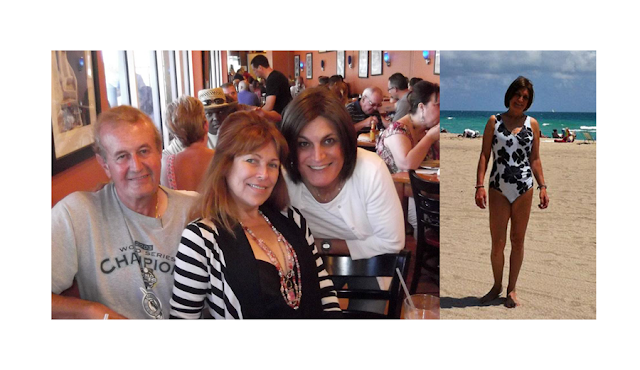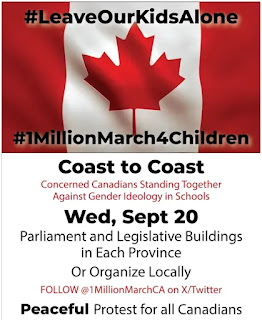Paradox = Father’s Day for a trans woman.
It seems innocent enough to have a day to celebrate fatherhood, paternal bonds, and the influence of fathers in society.
| The Salazar family, summer 2002. |
If one’s relationship with their father was good, this day of honor will seem completely appropriate and welcomed. This yearly reminder could be extremely painful if your dad did not deserve this kind of respect.
Equally, if you’re a trans woman who fathered children, this day can either be good or a bad—if not surreal—experience. It all depends on the kind of relationship you now have with your children. Father’s Day is extremely painful when your children have rejected you and want nothing to do with you. As far as they are concerned, you might as well be dead. It hurts. However, If your relationship has survived, you can count yourself lucky.
I was fortunate on two counts. On the one hand, I had a loving dad, and, best of all, despite his relatively old age, when I came out to him (he was 89), he accepted me. On the other, my sons did not reject me either.
I have three adult sons and two young granddaughters. How does this paradoxical reality I find myself in as a trans woman, father, and grandfather work itself out? This is part of the ongoing process of transitioning. Though I am coming up to the sixth anniversary of living full-time as a female, there are still a lot of i’s to dot and t’s to cross before it’s all said and done. In the process, I have learned the journey is full of surprises.
I remember, for example, the day I was helping my middle son in the back room of his art gallery when we heard the front door open. My son went to see who it was, and I could hear him talking to someone; they were obviously friends. I heard them walking in my direction, and when they entered the room, my son said, “Kenton, I’d like you to meet my dad, Lisa. Dad, meet my friend Kenton.” There was no sense of awkwardness, embarrassment, or hesitation on my son’s part. This really struck me. Actually, it bowled me over—it was a gift to me.
How else could he have introduced me? His warm and uncontrived introduction showed how comfortable he was with me. Had he been embarrassed about me, he could have dispatched his friend at the front door, and nobody would have been the wiser for it. I have often thought about that incident; it has helped me embrace that I am, above all else, a dad.
For one of my recent courses in pastoral care, I had to write a reflection paper at the end of the term. It talked about my experience providing spiritual care. I commented that I felt very protective of one of my clients—that I experience strong paternal instincts. My supervisor wondered why, if I was a female, I had not said “maternal” rather than “paternal”?
This is part of the paradox. But as I thought about it, I said perhaps it had something to do with the fact that I vowed I would never assume the title of “mother” with respect to my own sons. It would be presumptuous to equate my parental role to my ex-wife’s, who mothered and nurtured my sons. She alone deserves that title and honor, and I get to claim that I am their father.
This helps explain why I may find it more authentic to say I have paternal versus maternal instincts that can be evoked. Perhaps I should consider the gender-neutral alternative and say “parental” instincts. But to me, that is just splitting hairs.
How do other transwomen deal with the fact they may have fathered children? I know one whose children were much younger than mine when she transitioned. She negotiated terms with the whole family, and they referred to her as “Maddy.” I’ve heard of others who have done something similar. It does get complicated, especially with young children.
With my own granddaughters, who are almost six and three, respectively, I am referred to as Tia Lisa. This seemed like a reasonable moniker since my niece has two young children close in age, and they often spend time with my granddaughters. I still don’t know how they will address me when they are older and are finally helped by their parents to understand my actual relationship with them. Will my grandchildren say to their friends, “Meet my granddad, Lisa”?
Two days ago, I received a text message from the youngest of my three sons; he is thirty-one and married. My middle son, who now lives on Vancouver Island, is coming for the weekend, and the two have invited me out for dinner to celebrate Father’s Day. You cannot imagine how thrilled I am. I feel like a kid before Christmas, honestly.
Such a paradox this Father’s Day thing is for me. I’m relieved I have not been given a Happy Mother’s Day card to date; that wouldn’t be paradoxical, but that would be weird.

